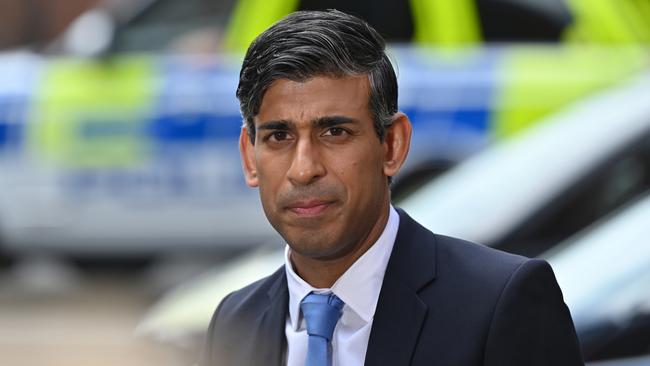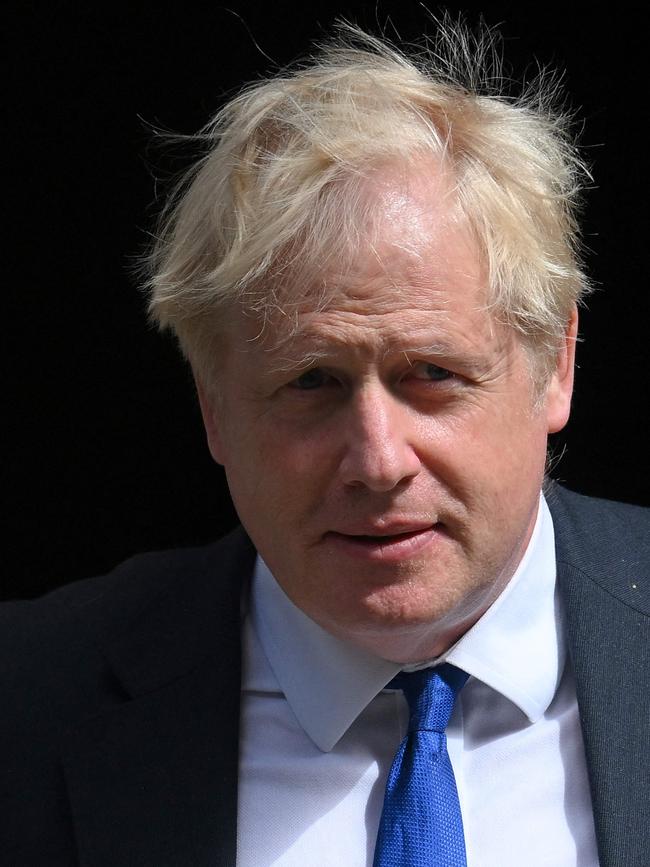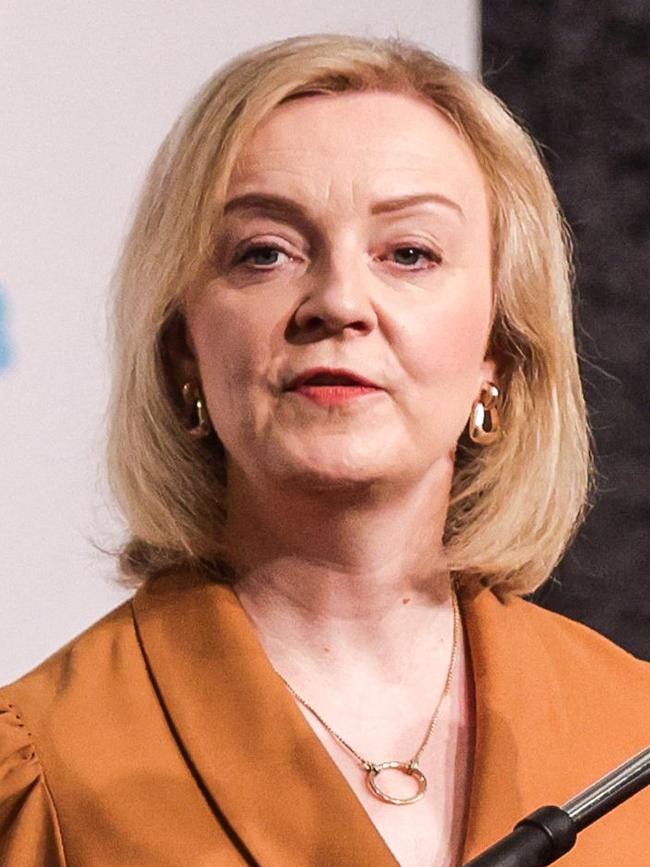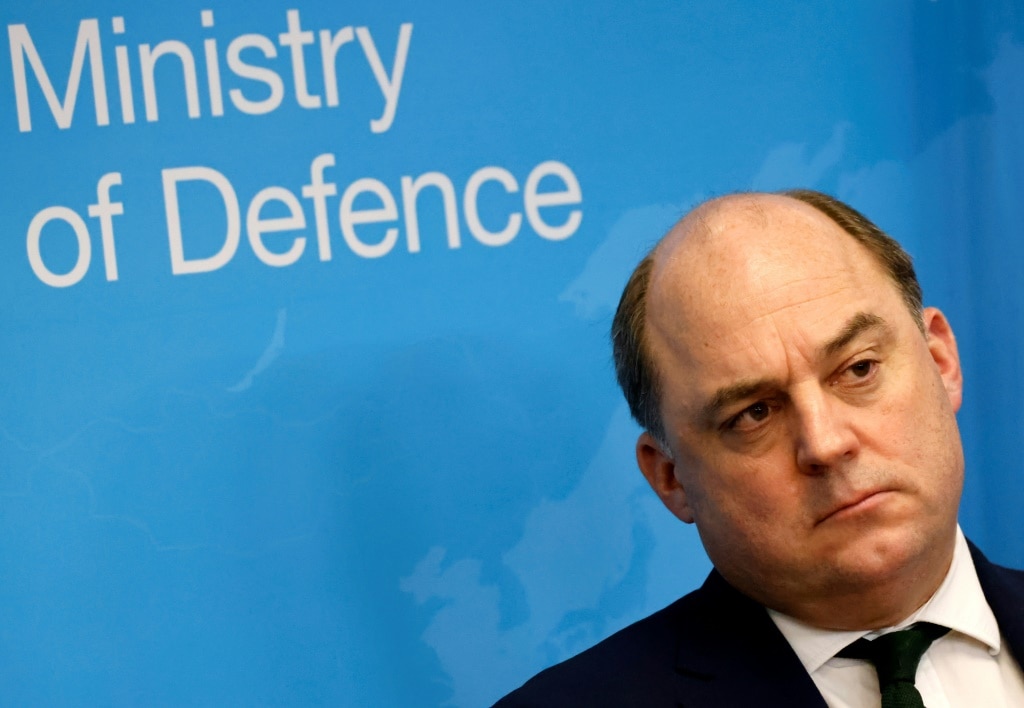British PM Rishi Sunak aims to shake off ‘debris left by Johnson and Truss’
The PM aims to shake off ‘debris’ left by Boris Johnson and Liz Truss, and persuade Britain that his hard work is getting results.

A new term begins at Westminster next week, but many Tory MPs are reluctant to get back to class. With the party still 20 points behind in the polls and another tricky by-election looming, the fear of expulsion at the hands of the voters hangs over everything.
One well-connected Conservative said there was a “prevailing sentiment” that their party was going to lose and added that “a lot of people are working on their CVs”. “That’s not helpful,” they added, “because they then start to think ‘What’s the point in turning up?’ A lot of people just won’t want to come back for those two weeks in September – they’ll prefer to stay in their constituencies and campaign.”
Despite MPs having only two weeks back in Westminster before departing for party conference season, reluctant Conservatives will be dragged back in by three-line whips as the government attempts to pass a host of contentious bills this autumn, on everything from levelling up to online safety.
Even within government there is a sense that however hard they work, the voters are not giving them credit. “Everything that goes wrong is blamed on us and it becomes a cycle of fatigue with our lot, rather than anything about performance,” said one cabinet minister.
“The legacy of Boris and Truss has left debris throughout the year, including another by-election, and it’s very difficult to get round. But you have to believe you can get through or you wouldn’t get up and go to work in the morning.”
Rishi Sunak, who has never had any difficulty getting out of bed, shrugs off this sense of gloom. His chief of staff, Liam Booth-Smith, is even said to have told aides to quit if they don’t believe the Tories can win.


Over the next week, between visits to the King in Balmoral and the G20 in India, Sunak and the chancellor, Jeremy Hunt, will seek to persuade Britain that their hard work on the economy is starting to pay off. After months of tough messaging, Sunak will make the case that with inflation falling, “the picture is a lot better” now than it was earlier this year.
He is also reshaping his No. 10 operation, bringing in popular Westminster operator Jamie Njoku-Goodwin as director of strategy and seeing his director of communications, Amber de Botton, depart on Friday. Sunak praised her “calm professionalism” and No. 10 insisted her resignation was for personal reasons and not linked to a desire for a government reset.
Allies played down any talk of a relaunch, saying the government would continue with a practical, problem-solving approach, citing a review of nutrient neutrality rules designed to boost house building as an example.
“He’s an ‘actions not words’ person and ultimately people do judge politicians by actions not words,” said one. “Obviously there is work to do in rebuilding trust for the party, but the only way you can do that is by action. You’re not going to get a hearing with platitudes and grand vision – you’re going to get a hearing with measurable facts.”
Sunak’s limited reshuffle this week was very much in this vein, described by one MP as “the Rishification of the government” as the prime minister feels confident to promote allies Grant Shapps and Claire Coutinho after a year with a “legacy cabinet” partly inherited from Liz Truss.
But the moves, likely to be followed by a broader reshuffle in the autumn, have left some in his government bemused. “He’s definitely going to do another reshuffle but I don’t know why he didn’t get his act together and get on with it now,” a senior minister said.
Sir Keir Starmer is facing similar dilemmas as he prepares for his own reshuffle next week. Labour insiders say it is still not clear if he wants to optimise his shadow cabinet for a brutal year of campaigning or present as a government in waiting.

The biggest conundrum for Starmer is what to do with his deputy, Angela Rayner, who is widely expected to be moved. Relations with her are said be “in a different place” to the clashes of previous years, with Starmer’s team particularly appreciating her support over the retention of the two-child benefit cap. But the Labour leader is mulling whether to give her a big department to shadow as he seeks to go beyond weariness with the Conservatives and set out a positive case for voting Labour.
Sunak is also being urged to set out a more positive vision. One former cabinet minister expressed frustration, saying: “We hear a lot about delivery but what we need more is a coherent strategic vision and I don’t think that’s been articulated. Bland managerialism is not enough to secure a sixth term.”
They argued that Sunak had become focused on inflation rather than making sure people feel better off. “The 2 per cent target is not sacrosanct. If we get decent growth at the cost of 3-4 per cent inflation, that’s kind of OK.”
Sunak’s team utterly reject this argument. “People want things to work and things to be fixed, and they want their situation to feel a bit better. And if ever there is a fixer in politics, it is Rishi,” said one ally. But already attention is turning to the positive case the prime minister will set out at next month’s Conservative Party conference.
“Conference is the obvious moment and he will set out why [people should vote for] the Conservatives and why our record on many, many things should provide people with the comfort that we have the right approach to governing,” the ally said.
Another close to the prime minister said: “It’s about ‘there are brighter times ahead when we get through this difficult period, and we have great strengths as a country’.
But that’s tricky when people are feeling the pain. The economic data will get better but there are no shortcuts through this journey. It’s dull, it’s boring and the problem is people look at Rishi and think ‘he’s got it all anyway, so it doesn’t affect him’.”
Even those most loyal to Sunak acknowledge there are political limits when it comes to his brand of technocratic problem-solving. “There is the dilemma in politics of, do you do the technical, boring thing that is in the best interests of the country but might take several years to pay off? Or do you do something that is going to win you votes now?” said one minister.
“A lot of the reason why we have low productivity in this country is that people have kept doing the latter. But the truth is at this stage of the electoral cycle you probably need somewhere between the two.”
Net-zero policy epitomises this trade off, with many Conservatives seeing their unexpected win in the Uxbridge by-election as a blueprint for a general election campaign, warning voters of the cost of Labour’s climate pledges.
As the energy bill returns to the Commons on Tuesday, net-zero sceptics will attempt to water it down, posing a delicate task for Coutinho in her first week as energy secretary.
Sir Jacob Rees-Mogg, the former business secretary who is leading the campaign, said the issue was “totemic”, arguing: “If there is a reset, surely that’s what it should be about.”
He urged Sunak to position the Conservatives as “the party of the motorist”, saying: “Post-Uxbridge there is a real possibility that the Tories can win the next election” by scrapping costly green measures.”
However, another senior Tory described this as “madness” given voter concern about climate change, urging his party not to “learn the wrong political lesson”.
Such disagreements over the future of the party are never far from the surface, and some are already thinking about how to position the Tories after a defeat. “Victory is unimaginable. The only question is the size of the defeat,” said one senior backbencher. “It is easy in the bunker to lose sight of that.”
Sunak loyalists reject such talk, insisting the mood in government is upbeat, focused on the long term.
“It really doesn’t feel like we are 20 points behind in the polls,” said one. “There is a slight frustration that we are not doing better at communicating the good things we are doing. Or maybe people just don’t want to listen.”
The Times







To join the conversation, please log in. Don't have an account? Register
Join the conversation, you are commenting as Logout